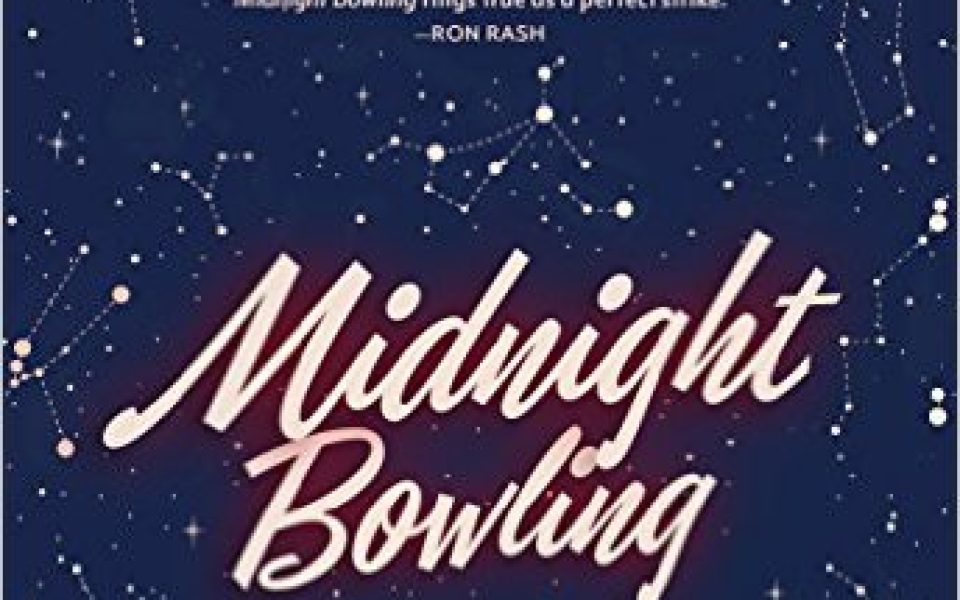Midnight Bowling by Quinn Dalton, Carolina Wren Press, 2016
Against the stark backdrop of ’70s post-industrial suburbia, 16-year-old Tess Wycheski cuts a strange figure at the Galaxy Lanes in Sandusky, Ohio: a glistening prized AMF ball in her hand, pro shoes on the well-worn boards, brown hair pulled back and the obvious air of a young pro.
Then she lets go of the ball, and it practically flies, clattering 10 pins easily to the ground, as if she’d never done anything else. Little could one know how weighty that ball sometimes feels in her hand.
This is the picture Greensboro’s Quinn Dalton paints in her second novel, Midnight Bowling, a love story orbiting two entangled families, their unified obsession of a bygone sport and the loves that destroy and heal them.
Dalton said in an interview she almost “broke up” with the book — twice. It took her more than a decade to write.
“I kept getting stuck at the 200-page mark,” Dalton said. She’d always seen herself as a short-story writer.
“With short stories, you can date around, and if you get stuck, you’ve only invested 10 pages or so, and [you think], This isn’t working out and date another story,” she said.
“A novel is a marriage. You have to show up every day.”
But Durham’s Carolina Wren Press published Midnight Bowling — a multi-generational drama centered on a teenage bowling prodigy —in March. And Dalton’s choice to commit shines from every page.
The novel strikes two distinct tones of melancholy using the voices of dual narrators. Tess provides the emotional kaleidoscope of a teenager falling in love while grappling with a destiny pressed upon her by her ill father who is trying to repair his own failed bowling career through hers. Leo, her coach, harbors a poisonous, Steinbeck-style hatred for his brother that’s been years in the brewing.
Both narrators are haunted — Tess, by an uncertain future; Leo, by his life’s twisted path — but under their unique sadness runs a thread of hope that hints at redemption, which tugs the reader along, and the bittersweet, tender reward at the end will probably leave them aching but content.
Dalton’s gently paced writing sinks the reader into a lulling narrative rhythm. It’s a complex concept and mode of execution, but the intricately woven tale is easily followed, thanks to Dalton’s unassuming prose.
It only draws attention to itself for pearl-like observations such as, “Women pour themselves out for you, but I didn’t know that yet, standing in the kitchen that morning with Louise. What I did know was that I wasn’t sorry my brother was dead, because he’d made his wife do without sugar.”
Phrases like these are quietly planted in a paragraph here and there, and call for multiple meditative rereads before proceeding. The book as a whole produces the same effect.
Join the First Amendment Society, a membership that goes directly to funding TCB‘s newsroom.
We believe that reporting can save the world.
The TCB First Amendment Society recognizes the vital role of a free, unfettered press with a bundling of local experiences designed to build community, and unique engagements with our newsroom that will help you understand, and shape, local journalism’s critical role in uplifting the people in our cities.
All revenue goes directly into the newsroom as reporters’ salaries and freelance commissions.


Leave a Reply